Introduction
The United States has updated its non-immigrant visa interview policies, introducing a rule that directly impacts thousands of Indian travelers, students, and professionals. Under the new regulation, Indians must now schedule their non-immigrant visa interviews within India itself, rather than attempting to secure slots in third countries.
This policy marks a significant shift from earlier practices, where many Indian applicants sought quicker appointments in neighboring countries such as Thailand, Singapore, or the UAE, due to long waiting times at US consulates in India. The new directive is expected to bring both clarity and challenges, as it reshapes how Indian applicants approach the US visa process.
Background: Why the Change?
For years, Indian applicants faced one of the longest US visa appointment backlogs in the world. Post-pandemic delays saw waiting times stretch to 600+ days for certain categories, including B1/B2 visitor visas.
To bypass this backlog, many applicants traveled abroad to schedule interviews in third-country US embassies. While technically permitted, this practice created logistical difficulties for US missions abroad and raised fairness concerns for local applicants in those countries.
The new rule is designed to:
- Streamline visa processing for Indian citizens.
- Reduce strain on US embassies in third countries.
- Encourage better allocation of resources at US consulates in India.
Who Will Be Affected?
The rule specifically applies to non-immigrant visa categories, including:
- B1/B2 (Business & Tourism)
- F1 (Students)
- H-1B (Work Visas)
- L1 (Intra-company transfers)
- J1 (Exchange visitors)
Key Points:
- Indians applying for these visas must now schedule their interview at US consulates within India (New Delhi, Mumbai, Chennai, Hyderabad, or Kolkata).
- Emergency appointments abroad will be limited to extraordinary circumstances.
- Visa renewals that qualify for the interview waiver program will continue to operate as before.
Why This Matters for Indian Travelers
- Increased Wait Times at Home
With all applicants funneled back to Indian consulates, waiting times may initially increase. However, the US State Department has assured that more staff and resources will be allocated to India. - Cost Implications
Applicants will no longer incur extra costs for international travel to secure interview slots in third countries. - Certainty and Fairness
The rule establishes a uniform system for all Indian applicants, ensuring fairness while streamlining operations.
Expert Opinions
Immigration Lawyers
Many lawyers welcome the clarity but caution that without capacity expansion, Indian consulates may struggle to manage the surge in demand.
Travel Industry
Tour operators and education consultants expect short-term disruptions but believe the policy will improve transparency.
Students and Professionals
For Indian students heading to US universities, timing is crucial. Delays in visa appointments could affect enrollment cycles, internships, and job placements. Professionals, particularly in the IT sector, worry about delays in H-1B processing.
US Embassy’s Response
The US Embassy in India has emphasized that the rule is not punitive but practical. Officials have promised:
- Increased staffing in Indian consulates.
- Extended working hours during peak seasons.
- Digital upgrades to simplify scheduling.
In fact, the embassy points out that 2023 and 2024 saw record numbers of visas issued to Indians, and 2025 is expected to set another record.
Impact on Students
Indian students are the second-largest group of international students in the US, with over 268,000 enrolled in 2024.
Key Concerns:
- University Deadlines: Students applying for fall admissions may face uncertainty.
- STEM Courses: High demand for US STEM programs means missed opportunities if visas are delayed.
- Alternatives: Some students may consider Canada, Australia, or the UK if US processing slows.
Impact on IT Professionals
The US is home to thousands of Indian IT professionals, especially in Silicon Valley. With companies depending heavily on Indian talent:
- Delays in H-1B renewals could affect project timelines.
- Onsite opportunities may be postponed.
- Corporates are urging the US government to ensure smooth processing.
Economic & Diplomatic Angle
The new rule has a wider geopolitical and economic context.
- India-US Relations: Stronger ties mean smoother collaboration is expected to follow, even in immigration.
- Talent Pipeline: The US benefits significantly from Indian talent, particularly in tech and healthcare.
- Domestic Politics: The Biden administration, ahead of elections, is balancing between tightening immigration optics and supporting skilled worker inflows.
Advice for Applicants
- Plan Early: Book appointments months in advance.
- Use the Interview Waiver: If eligible, renew visas without appearing for interviews.
- Track Updates: Follow the official US Embassy India website.
- Be Flexible: Consider travel timelines carefully, avoiding last-minute bookings.
Public Reaction
Social media platforms are full of mixed reactions:
- Supporters argue that the rule prevents “visa tourism” and prioritizes fairness.
- Critics worry about longer wait times in India.
- Students are trending hashtags like #VisaWoes and #StudyAbroadDreams.
Long-Term Outlook
If the US consulates in India manage to expand capacity, the policy could eventually:
- Reduce backlogs.
- Enhance transparency.
- Create a smoother system for Indian travelers.
But in the short term, applicants must prepare for potential delays.
Conclusion
The US visa rule update requiring Indians to schedule non-immigrant visa interviews within India marks a transformative shift in how Indian applicants navigate the system.
While challenges such as wait times and logistical adjustments remain, the policy aims to create a fairer and more efficient system. For India, which supplies the US with some of its brightest minds, this development highlights the delicate balance between opportunity, access, and bureaucracy.
As millions look to America for education, work, and opportunity, this rule reminds us that international mobility is not just about aspirations—it is also about adapting to evolving policies.
#USVisaUpdate #IndiaUSRelations #VisaRules2025 #IndianTravelers #StudentVisas #H1BVisas #ImmigrationPolicy #SarhindTimes #TravelUpdatesIndia #NonImmigrantVisa

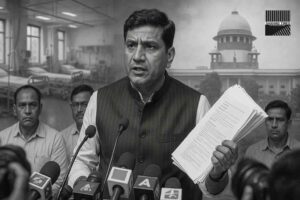
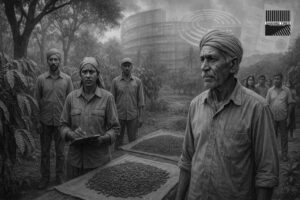

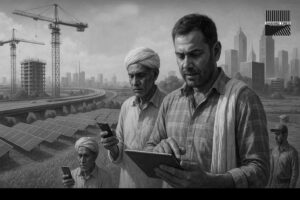
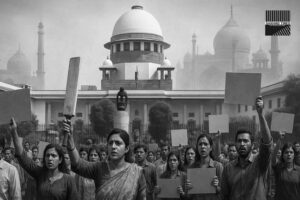
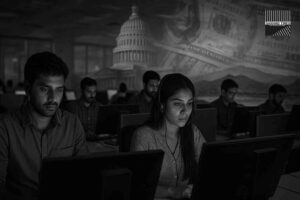

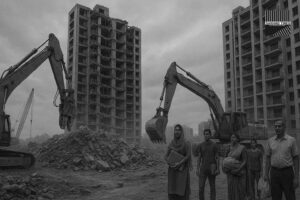


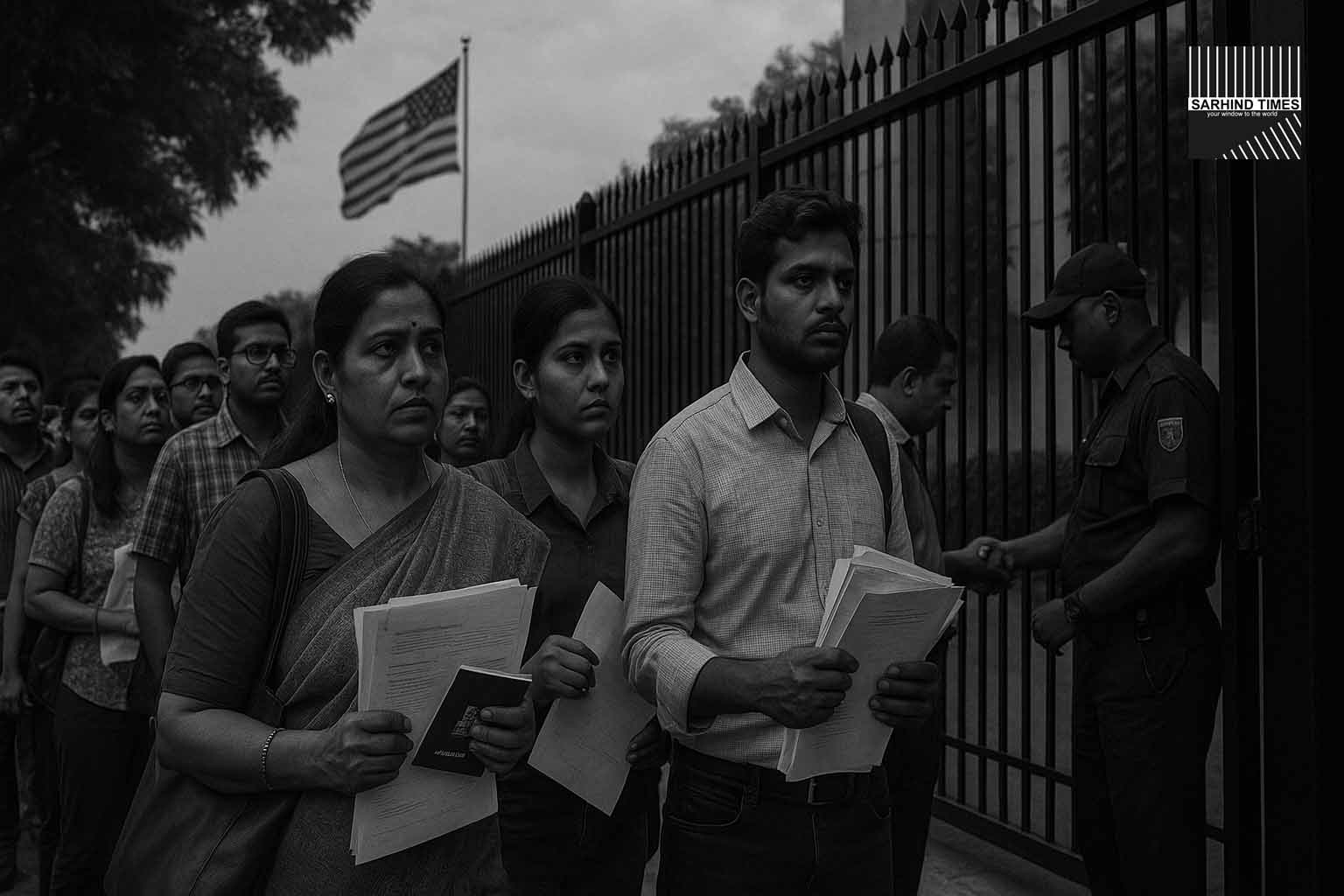
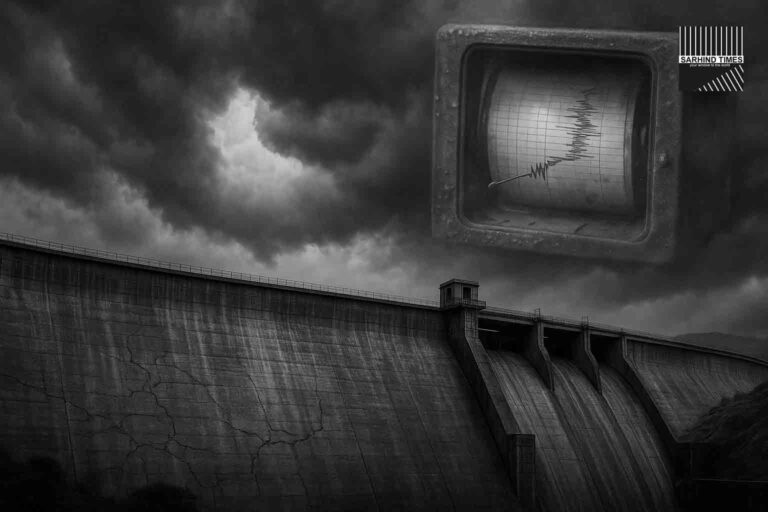
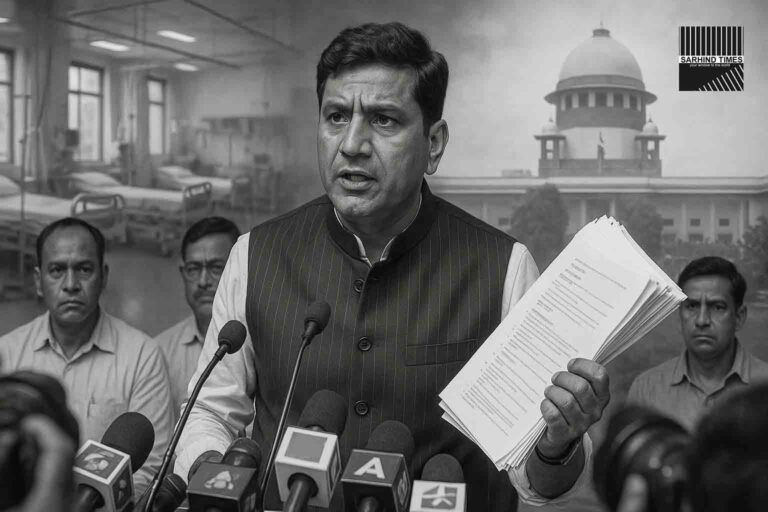
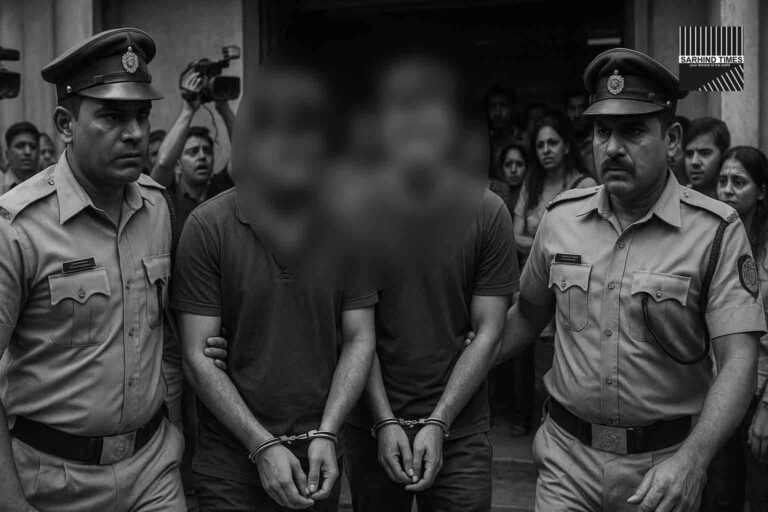
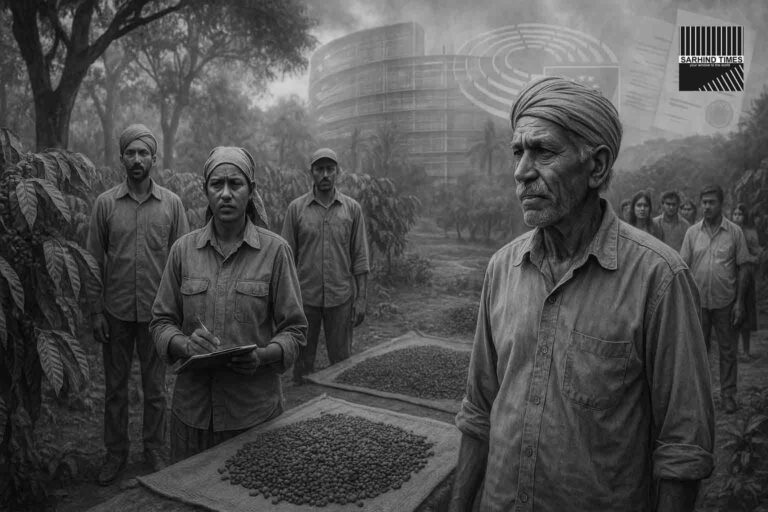

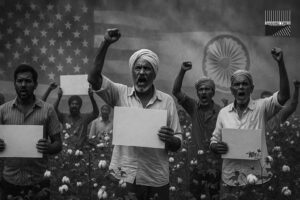
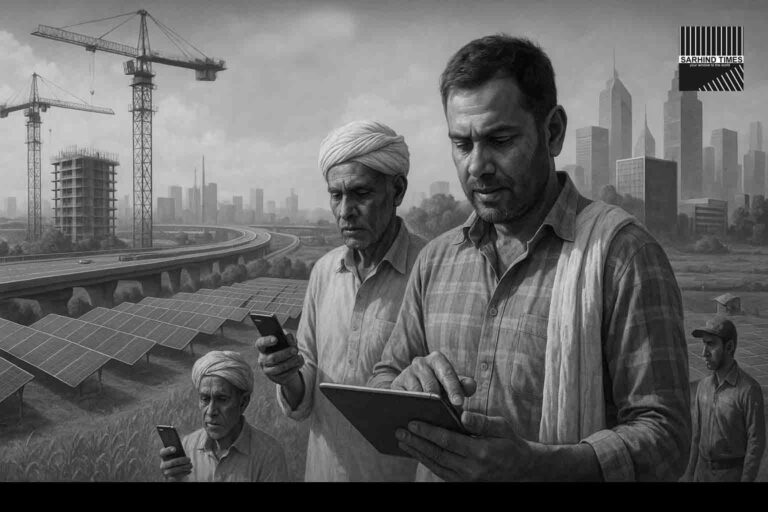
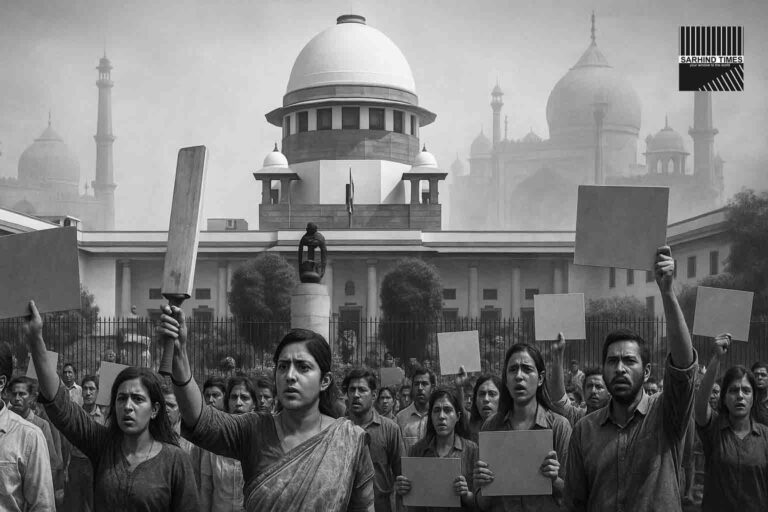
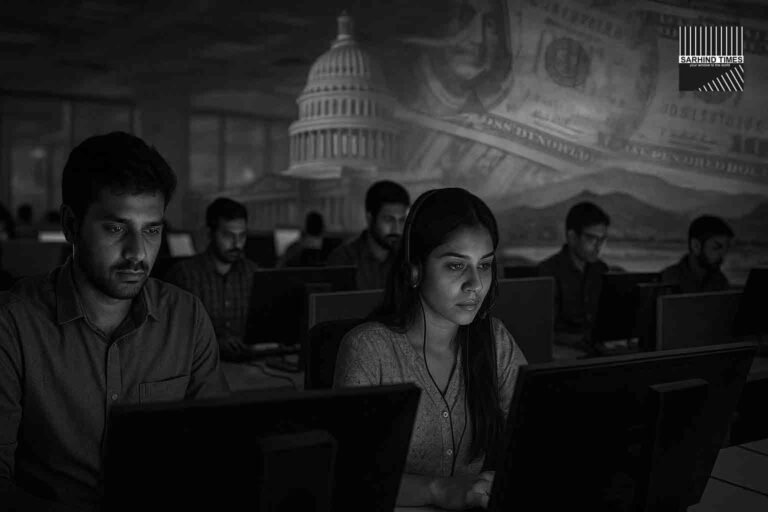
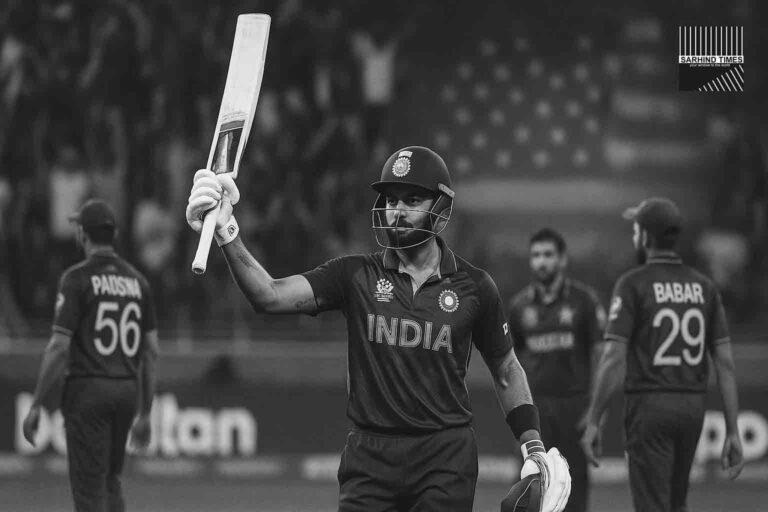
+ There are no comments
Add yours